Growing with Our Investors—Looking back on TEDA’s Early Days (Part II)
Starting from scratch, TEDA faced significant challenges in its infancy. We crossed the river by feeling for stones, and blazed a trail amid hardship. With a high degree of autonomy, TEDA established efficient management mechanisms and a sound legal system. It vigorously implemented infrastructure construction and created a unique regional rolling development pattern. Breaking free from traditional constraints, TEDA boldly put forward concepts such as “Investors are kings, projects are lifelines” and advocated for the construction of a “simulated international investment environment,” embodying a service-oriented government. This concerted effort drove regional development and attracted a large number of investors such as Danhua, Jiatai Ceramics, Hanaco, and Merlin Gerin to invest and settle in TEDA, accumulating initial capital for its development. Subsequently, TEDA kept on optimizing business environment and improving service quality. It collaborated with enterprises for mutual development, composing a brilliant chapter of shared growth.

In early 1985, TEDA signed a contract with Denmark’s Yadi Co., Ltd. to establish the joint venture, Sino-Danish Enterprise Co., Ltd., also known as Danhua. This was TEDA’s first joint venture, and it was inspiring.
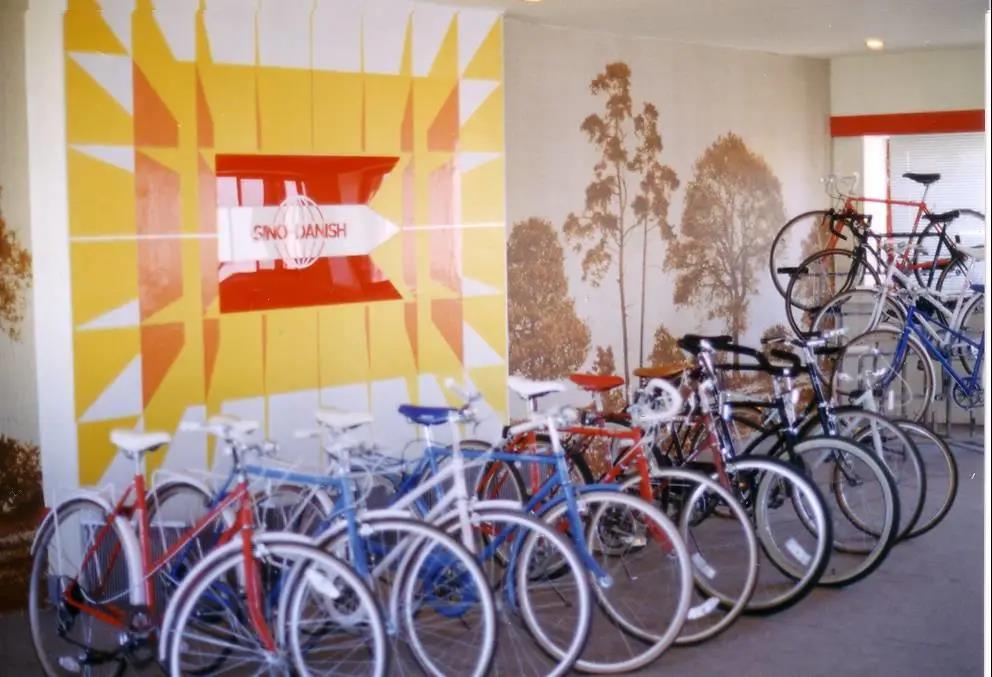
Excited as they were, TEDA’s pioneers started to realize that this project was not as easy as it seemed. With nearly 10,000 square meters of factory space needing to be completed and put into production within the year, it was a difficult task for TEDA, where basic infrastructure such as water and electricity was still inadequate. Nevertheless, the pioneers of TEDA were determined to face the challenges head-on. They brought water supply from tens of kilometers away, toiled day and night on the construction site, and finally completed the project on schedule. However, the factory floor failed the inspection by foreign experts. As the deadline approached, with nearly 10,000 square meters of flooring having to be removed and re-laid, investors began to question the timely operation of the project. “Investors are kings,” and people of TEDA cherished this hard-won project. “Even if it’s difficult, we must meet the investors’ demands.” Fully resolved, they worked tirelessly to build the TEDA brand for investment promotion globally. The concerted efforts made the reconstruction of 10,000 square meters of concrete flooring possible in a very short time, with the ground was as smooth as a mirror. Danhua was finally put into operation as scheduled. By focusing on the needs of investors, the young TEDA won their trust through hard work. Since then, the pursuit of excellence has become the eternal standard of our construction, management, and service, inspiring local enterprises to strive tirelessly.
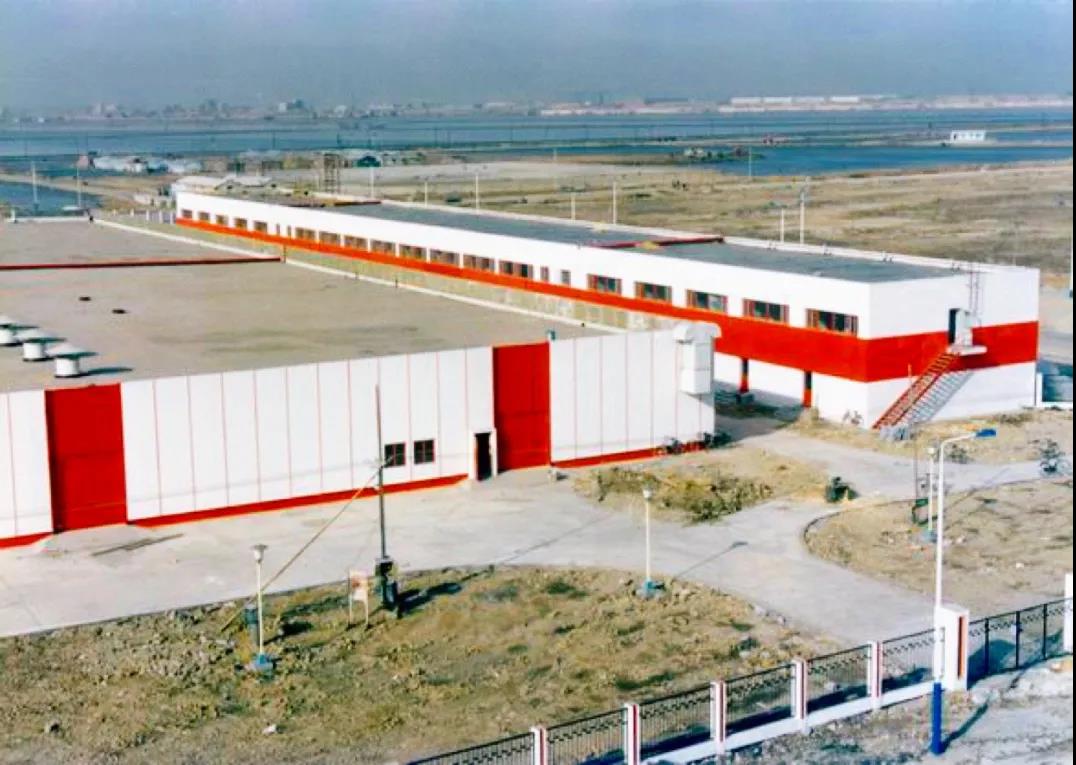
Before long, Pujiaqi, a colorful and fashionable bicycle, rolled off the production line at Danhua, catching the eyes of the Chinese people. With its stylish design and vibrant colors, a bent handlebar without rear seat, Pujiaqi was tailored to meet the demands of the international market. Thanks to its new welding and painting techniques, the brand new bicycles quickly set a trend and captured the international market. They also drove the upgrading of bicycle industry across the country. As a result, China saw the growth of similar traditional industries, which injected vitality and momentum into China’s manufacturing industry.

Tianjin Jiatai Ceramics Industry Co., Ltd. was the first enterprise established in TEDA and also the largest one in terms of investment volume and factory scale in the initial stage of TEDA. With a total investment of $12 million and a factory area of 20,000 square meters, construction officially began in the spring of 1986. Despite tight deadlines and heavy workloads, TEDA got the hang of the development on the saline-alkali wasteland. The construction was going on in an intense but orderly manner, with its quality greatly improved.
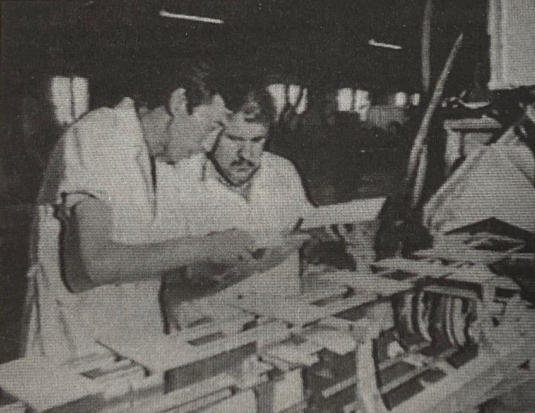
Exploration and innovation are vital for projects, and projects are lifelines to TEDA. The TEDA pioneers constantly pushed forward the project construction and completed the production line that were supposed to finish within two years in just eight months, enabling the company to start trial production way ahead of schedule. TEDA made a hit. However, for some time after Jiatai Ceramics went into operation, its operations did not see much outcome. It wasn’t until after 1991 that the company began to turn a profit, with its ceramic tile products selling well both at home and abroad.
TEDA grew along with Jiatai Ceramics. Urban infrastructure was improved constantly. Land was flattened and sites were connected to more public utilities, from three types at the beginning to seven and nine types. With the simulated international investment environment gradually taking shape, an increasing number of enterprises came to invest and establish factories. The urban construction and establishment of new enterprises provided a broad market for Jiatai Ceramics and drove it to grow.

A pioneer in China’s polymer medical consumables industry, Tianjin Hanaco Medical Co., Ltd. remains active in the pharmaceutical industry in TEDA to this day. This company, which has been deeply rooted in TEDA for 38 years, has witnessed TEDA’s development and benefited from it. It serves as a role model for growing together with TEDA.
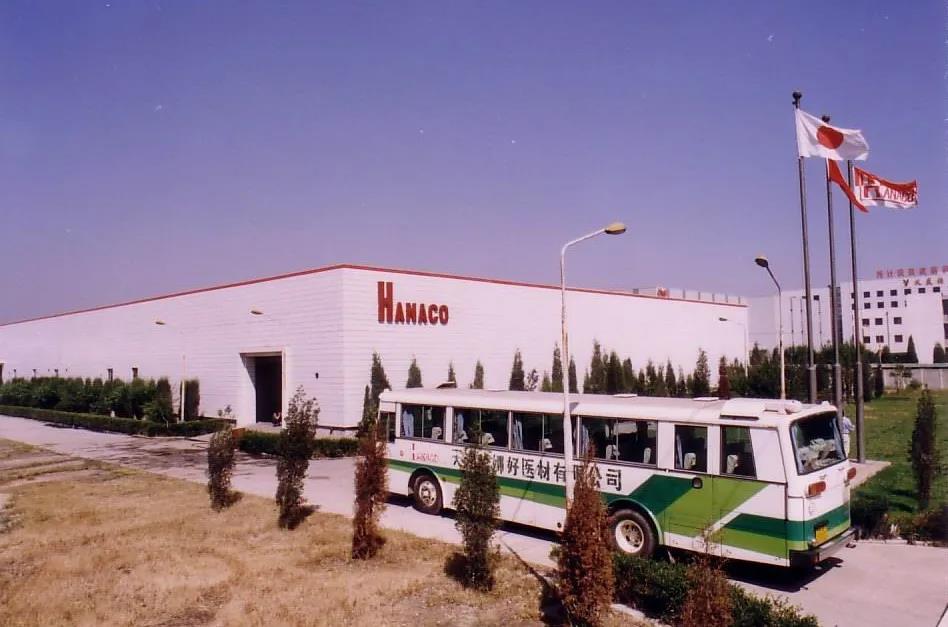
Yet, things were not easy for Hanaco when making decision to invest in TEDA. The contract was delayed as Japanese investors were hesitant about the project’s profitability and prospects here. This time, TEDA learned to empathize and took the initiative. “We need to understand investors while creating conditions to boost their confidence.” Throughout the investment attraction process, TEDA provided convenience for investors and enabled them to gain profits, efficiently addressing their demands and dispelling their doubts as much as possible. When the enterprise financially strained in factory construction, TEDA provided assistance by halving the already low construction cost of 1,000 RMB per square meter, making the enterprise financially viable to finish construction. TEDA thus became a solid partner in project implementation and shared growth alongside the enterprise.
Impressed by TEDA’s services, Hanaco eventually chose to locate here. Benefiting from the improving business environment and growing industrial scale, Hanaco rooted itself in TEDA and continuously increased investment and expanded production. The company established technology centers and kept on improving the localization process, injecting vitality into the local biopharmaceutical industry.
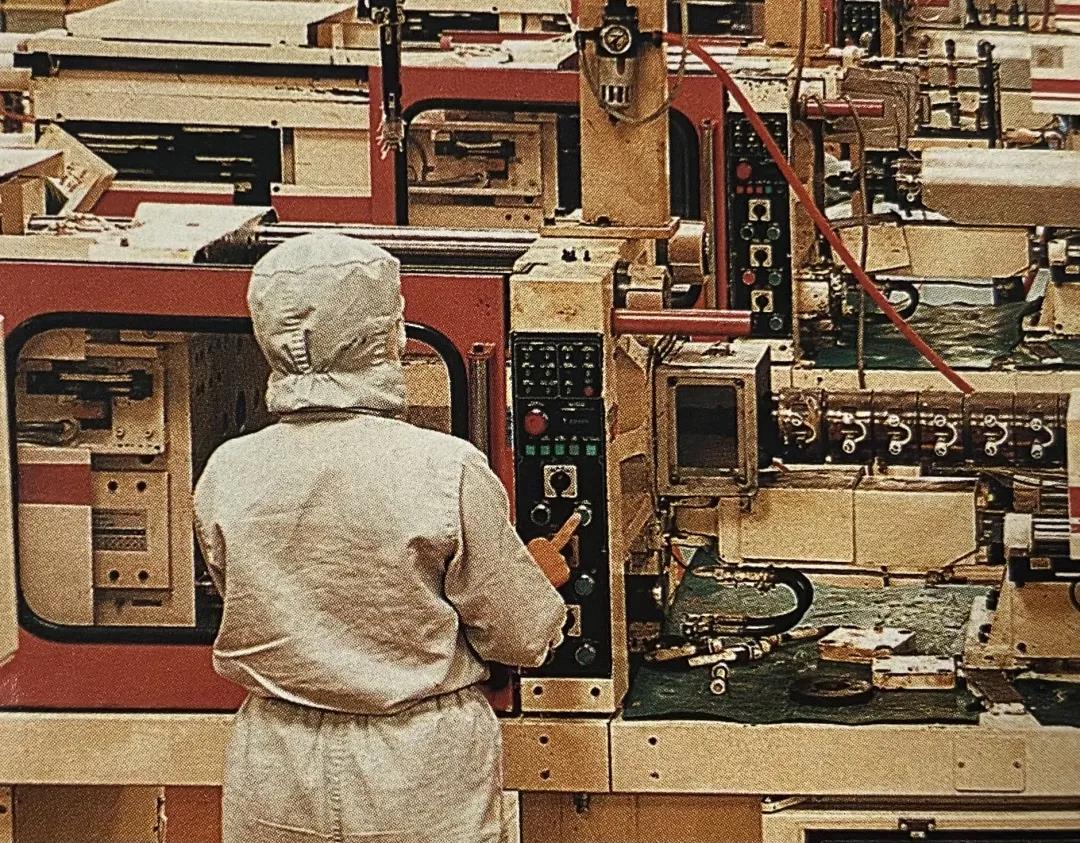
In 2019, Hanaco entered a new stage of development, marked by a new round of equity changes with Tianjin Tianshize Investment Management Center acquiring full ownership. Subsequently, the company was recognized as a National High-tech Enterprise, a Sci-tech Little Giant Enterprise, and a Specialized, Refined, Differential and Innovative Seed Enterprise in Tianjin. Its products are sold nationwide and exported to Asia, the Americas, Europe, and other regions.
Attracting investment was a top priority in the early days of TEDA. Starting from extremely difficult conditions, TEDA forged ahead through obstacles in the spirit of openness, exploration, dedication, and perseverance.
Due to a shortage of funds, a rolling development model was adopted to attract projects with infrastructure as the foundation of industry growth. After projects were completed, TEDA utilized financial revenue for further infrastructure construction, realizing a rolling development in virtuous cycle. Eventually, TEDA created a favorable environment for investment and industrial production. Our management and service concepts continued to improve significantly along the way. With breakthroughs made in construction quality, environmental technology, urban development planning, and saline-alkali land greening, the model generated rich experience for rationally constructing the urban area according to local conditions in the later stages.
The success and profitability of enterprises in TEDA’s early days gradually gained recognition from a large number of investors. Large multinationals, technology companies, and major projects soon followed.













 津公网安备 12019002000128号
津公网安备 12019002000128号

